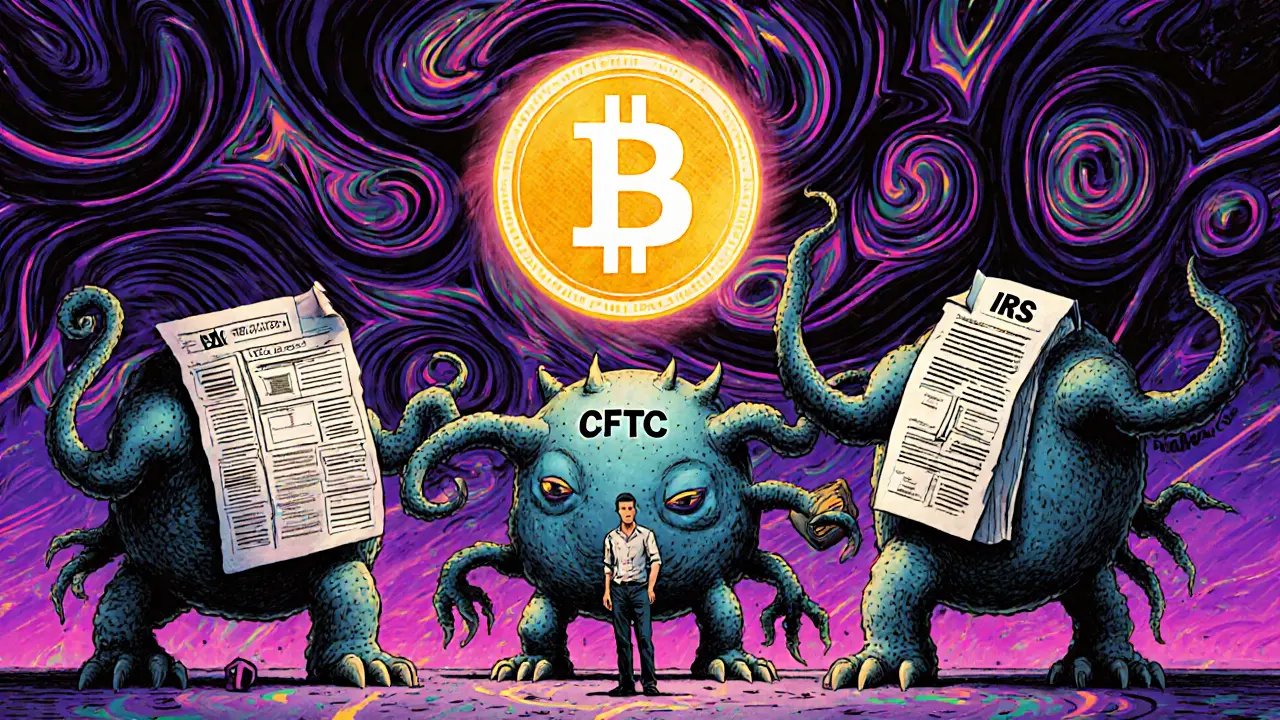Bitcoin Legal by Country: Where It's Allowed, Banned, or Restricted in 2025
When you hear Bitcoin, a decentralized digital currency that operates without a central bank or single administrator. Also known as BTC, it's the original cryptocurrency and still the most widely recognized digital asset worldwide. The question isn’t just whether you can buy it—it’s whether you’re allowed to use it at all. Crypto regulations, government rules that define how digital assets can be bought, sold, taxed, or held vary wildly from one country to the next. In some places, Bitcoin is treated like cash. In others, it’s outright banned. And in a growing number of nations, it’s caught in a gray zone: not illegal, but so heavily restricted that using it feels pointless.
Take Qatar, a Gulf nation that prohibits all cryptocurrency transactions for residents but permits tokenized real-world assets like property and bonds. Or India, where non-custodial wallets aren’t banned, but heavy taxes and compliance rules make them nearly unusable for most people. Meanwhile, Mexico, under its FinTech Law, regulates crypto businesses but leaves individual users largely untouched. These aren’t just policy differences—they’re life-changing distinctions. If you live in Qatar, holding Bitcoin could get you fined. In Mexico, you can trade it freely as long as you’re not running an exchange. In India, you can own it, but the government makes sure you pay up every time you move it.
It’s not just about where you live. It’s about what you’re trying to do. Want to mine Bitcoin? Some countries shut that down. Want to use it for payments? Many banks block it. Want to trade on a local exchange? You might need a license, or your exchange might already be shut down by regulators. The Bitcoin legal by country landscape is messy, fast-changing, and often misunderstood. You can’t assume it’s legal just because it’s popular. And you can’t assume it’s banned just because a news headline says so.
Below, you’ll find real, up-to-date breakdowns of how different countries treat Bitcoin—not guesses, not opinions, but facts pulled from official rules, enforcement actions, and market realities. You’ll see which nations are cracking down, which are quietly allowing it, and which have created bizarre loopholes (like allowing tokenized gold but not Bitcoin). Whether you’re a traveler, an investor, or just someone trying to avoid legal trouble, this collection gives you what you actually need to know—no fluff, no hype, just what’s real in 2025.
Cryptocurrency Legal Status by Country: Where It's Allowed, Banned, or Regulated in 2025
Discover the legal status of cryptocurrency in 2025 - from countries where Bitcoin is legal tender to those banning it entirely. Learn tax rules, MiCA regulations, and where adoption is thriving despite restrictions.
